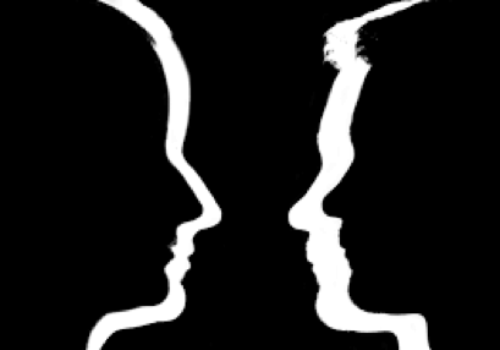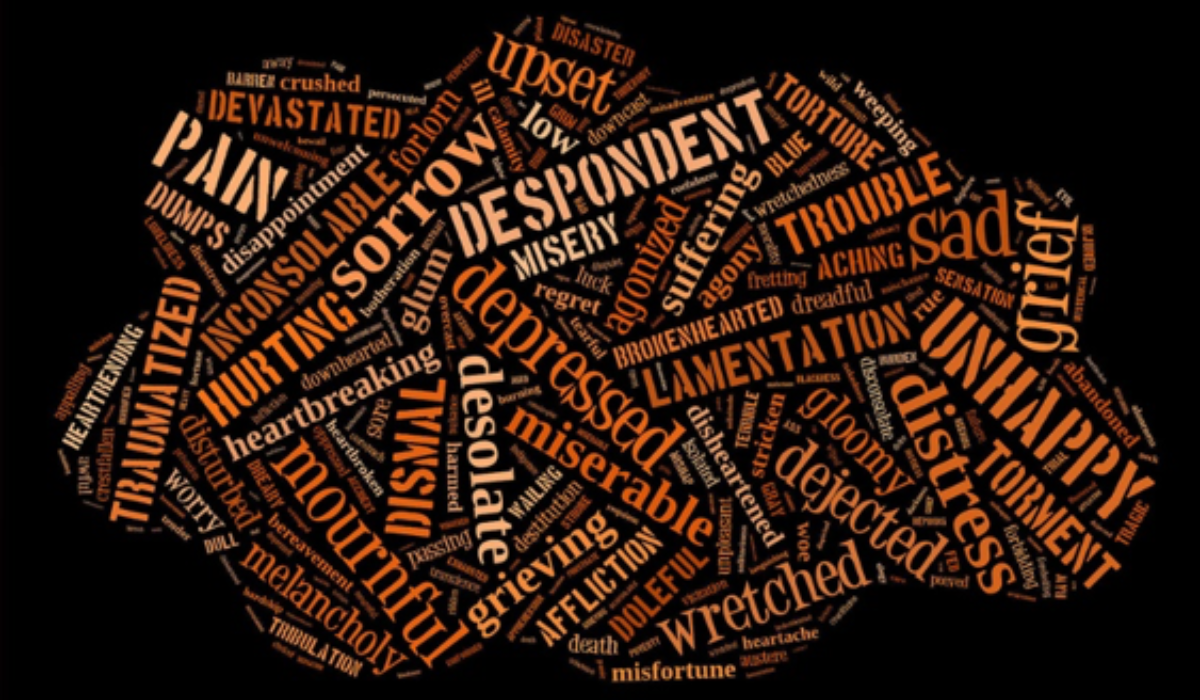Emotional Abuse
Emotional Abuse
When it comes to abuse, the first thing that comes to one’s mind are the physical aspects of abuse forgetting that there is also an emotional side to abuse. This can in some instances have far greater long-term detrimental consequences as well as side effects on the victim of emotional abuse both mentally and psychologically lasting for many years ( should professional help not be sought). A person may not know that emotional abuse has something to do with treating one’s partner badly (such as threatening or manipulative behaviour) however, may not be clear on what is categorised as emotional abuse or whether it is serious as other types of abuse. If a person is on the receiving end of emotional abuse, it can be just as damaging and distressing if not more.
In the past few years (since 2015), emotional abuse has been reflected and recognised in the law as a criminal offence as stated in The Serious Crime Act 2015 making behaviour that is ‘ controlling and coercive’ aimed at another person in a family or intimate relationship punishable by a prison sentence of up to 5 years.
What exactly is classed as emotional abuse?
Emotional abuse can be classed under a variation of different types of disturbing behaviour as follows:
Controlling behaviour:
Emotional abuse is generally about control which sometimes is apparent. You are being told what you can and can’t do. Your partner may tell you when and where you can go, who you can/ can’t see including certain close family members and friends. They may also try to control how you dress, what colour clothes you can wear etc.
Economic abuse:
This includes withholding money, not involving you in finances or even stopping you from getting a job and working. This could be done as a way of stopping you from feeling independent or allowing you to be able to make your own choices or spend your money the way you
want to. Also, your partner may be controlling what and how you earn in order that you are never earning more than them, are more successful than them and damage their ego of always being financially more well-off than you. .Your partner may not want you to be more financially successful than them especially if you’re in a bad relationship as a way to keep hold and in control of you, not giving you any excuse to not want to be with them or losing you to a better life without them.
Criticism:
Criticism could be things like making hurtful and unpleasant comments or name-calling as well as sarcastic comments. In turn, such behaviour can lower ones self-confidence, self- esteem and self-worth resulting in long-term psychological effects
Intimidation and threatening behaviour:
This includes things such as acting aggressively, shouting or generally making you fearful. Most often, this threatening behaviour is done as a way to make a person feel small, unimportant and stopping them from ever standing up for themselves or their rights as a member of society.
Undermining:
This may include not taking much importance of your opinion and also involves making you doubt your own opinion by acting as though you are being oversensitive should you complain, disputing your version of events resulting in you not trusting in yourself or by suddenly being very nice and compassionate to you having just been cruel or physically violent towards you.

Being made to feel guilty:
This could be that your partner makes you feel guilty by using emotional blackmail e.g.: threats to commit suicide or lots of emotional outbursts from giving you the silent treatment as a way to manipulate you to sulking a lot of the time.

What are the signs to realise that it’s abuse?
At times people question whether or not ‘ abuse’ is the correct word to use to describe relationship difficulties they may be going through. A person may feel that their partner shouts or raises their voice at them a lot making them feel bad and upset and wondering whether or not describing such behaviour as ‘ abuse’ is too dramatic to use.
The point of whether or not behaviour is classed as ‘abuse’ is how it makes one feel. If the behaviour of your partner makes you feel small, unworthy, controlled and you are unable to talk about what’s wrong, this is what is classified as abusive. If you feel that you are obliged to change your actions or behaviour in order to please your partner and to accommodate your partner’s behaviour, this is also classed as abusive.
There may be many reasons as to why a partner may behave in such an abusive manner. The partner may have grown up in a violent household where there was a lot of shouting, violence and unrest not allowing your partner to realise what behaviour is and isn’t normal in a relationship. They may have been in a previous relationship where they felt insecure. Also, they may have had a difficult upbringing fleeing from a war-torn country then having a difficult time trying to fit in with new society. In couple counselling/ therapy we are sometimes able to consider such behaviour and the effect that it may have on your relationship. While this may help to understand why partner may behave in an abusive manner , it can never be used as an excuse. Whether or not it is on purpose, it is never okay. If you feel that you are the subject of abusive behaviour , please remember that it is your right to have a voice and say in things and you do not deserve to be made to feel small, scared or threatened.
What now?
If you feel that you are in an abusive relationship, one of the most helpful things that you can do is speak to a neutral person who is not involved. A person who isn’t involved may be able to give you a little perspective and help. This may be quite useful especially if you don’t know where you stand. At times, behaviour that we may have become used to can seem quite clearly unreasonable to a neutral outsider.
This person may be a friend, family member or a professional relationship counsellor. Professional counsellors and therapists are trained and skilled to unravel such situations and in turn helps you and your partner to understand where any abusive behaviour may be coming from helping you to both work together to move towards a more equally respectful and healthy relationship.
At first, you may want to go along yourself for some professional therapy especially if you have reason to believe that your partner will not react well to the suggestion. A professional therapist can help you figure out what’s going on and whether or not it is worth inviting your partner along so that you can both work on things together. Here at Relate London Limited we do exactly that and help individuals as well as their partners to work together and come to a resolution supporting both involved to move on and work towards a future of a meaningful, satisfying and happy relationship together.
If you think that your relationship may be in trouble and that you can benefit from couples counselling, then please get in contact with us at Relate London Limited and speak to our professional therapist on: 07958 592638. You can also speak to a Relate London Limited professional therapist by email at: [email protected] or by webcam/ Live Chat.
